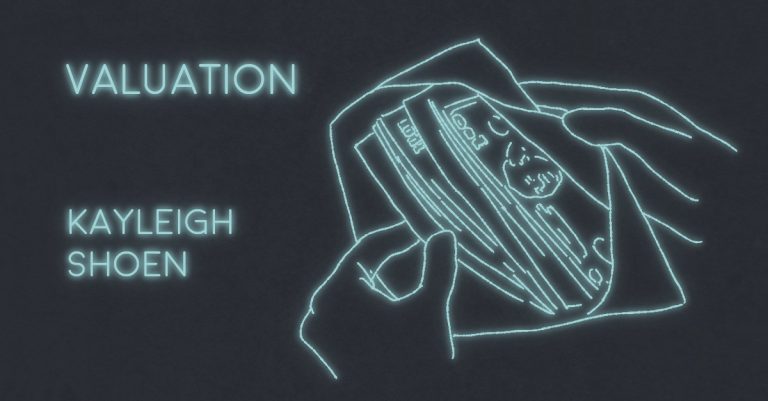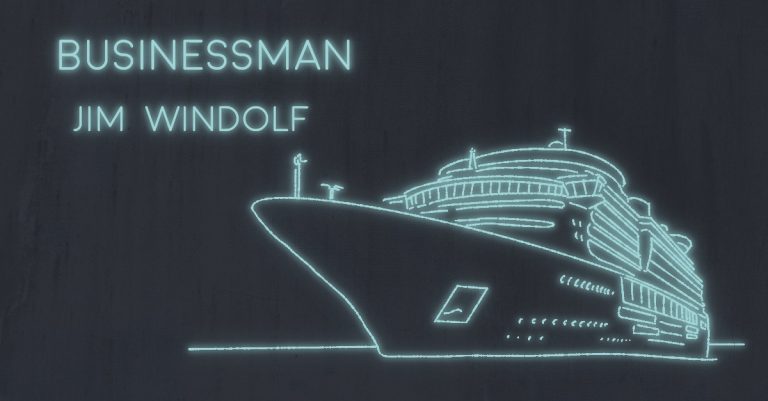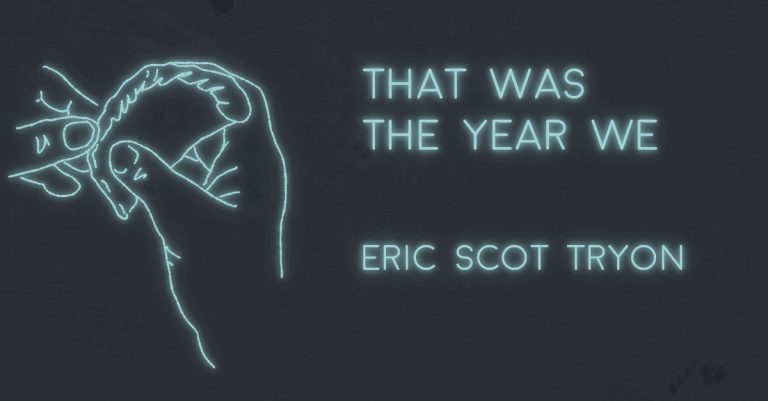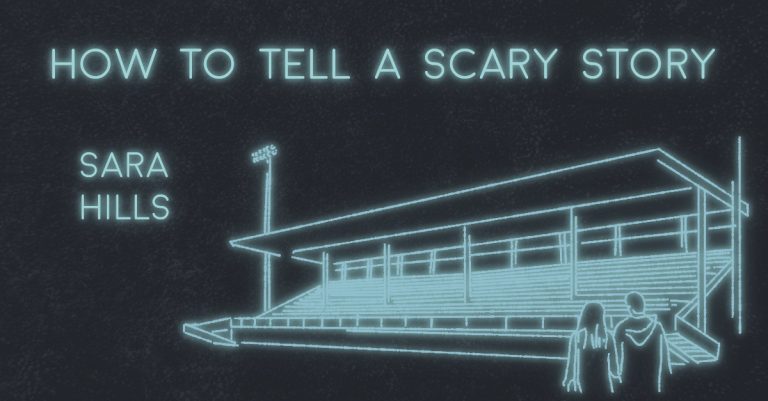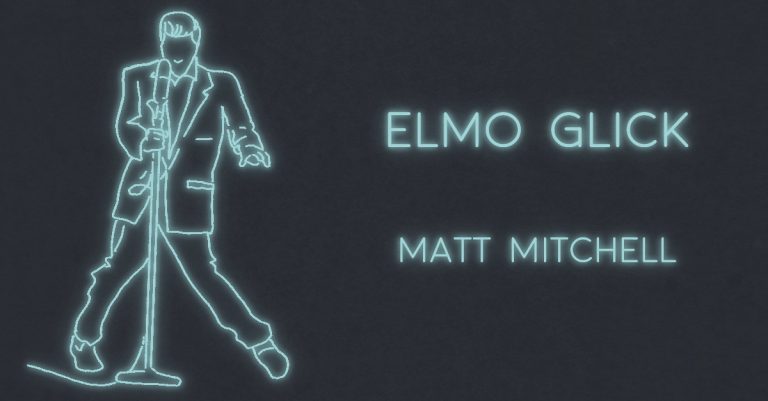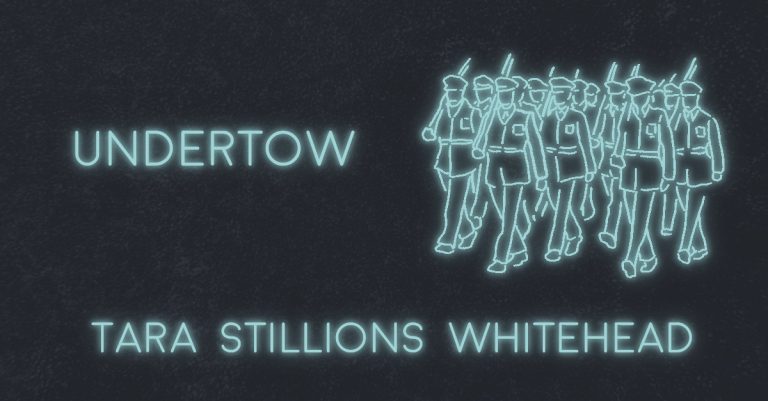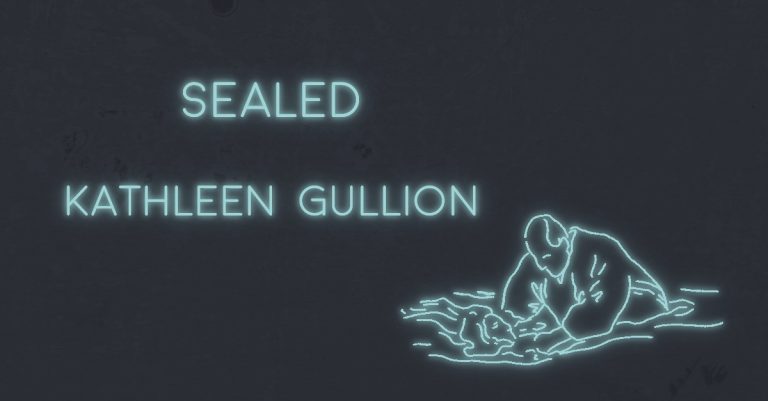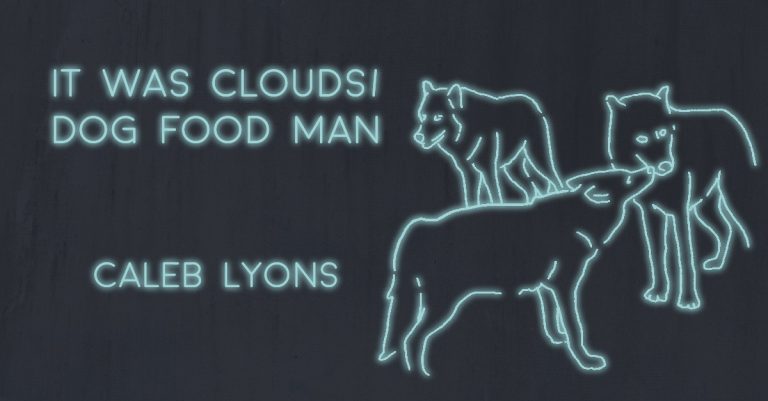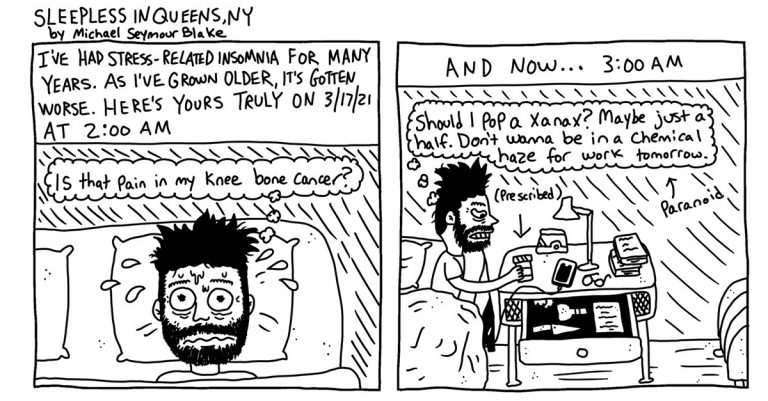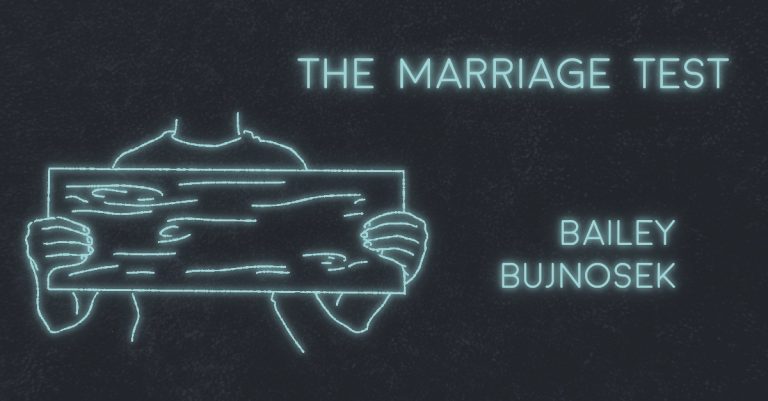
THE MARRIAGE TEST by Bailey Bujnosek
In a long-forgotten society, there was a test people had to pass to get married. The test had one question. The question was multiple choice. If you were a woman, the question was: You have one plank of wood. Do you: Affix it to the wall to support your husband’s golf trophies? Burn it to provide warmth for you and your family? Ask your husband what he wants to do with the wood? You know from other records that the question and answer choices were different for men. You also know that there was a correct answer that, if circled,

